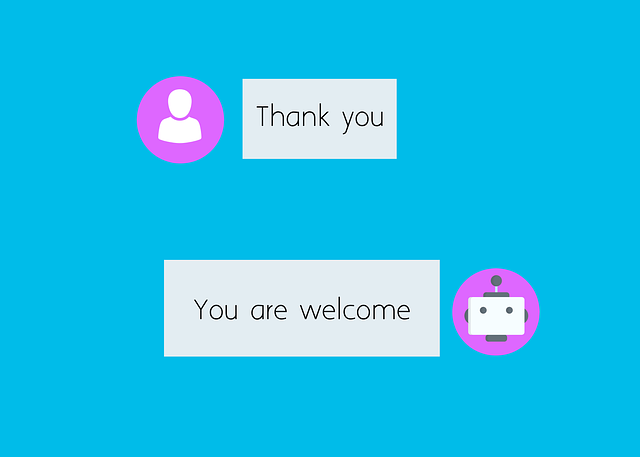Marketing automation tools revolutionize customer interaction by segmenting users based on behaviors and preferences. Through AI, these tools enable personalized campaigns like targeted text messages and chatbots for 24/7 support. Advanced algorithms categorize customers into groups like "Loyal Shoppers" or "New Customers," optimizing marketing strategies and driving business growth through increased engagement and satisfaction.
In today’s competitive landscape, understanding customer segmentation is paramount for successful marketing. Marketing automation tools have revolutionized how businesses categorize and engage their clientele. This article delves into the fundamentals of customer segmentation, provides a thorough overview of leading marketing automation tools, and offers strategies to effectively leverage these tools for tailored campaigns that drive customer loyalty and growth. Discover how the right automation tools can transform your marketing approach and enhance customer relationships.
- Understanding Customer Segmentation: The Basics
- Marketing Automation Tools: A Comprehensive Overview
- Strategies for Effective Customer Segment Utilization
Understanding Customer Segmentation: The Basics

Customer segmentation is a powerful strategy that involves dividing a large customer base into smaller groups based on specific criteria. It’s a fundamental concept in marketing automation tools, enabling businesses to personalize their approach and deliver tailored messages. By understanding customer preferences, behaviors, and demographics, companies can create highly targeted campaigns. This segment-specific marketing ensures that each group receives relevant offers and communications, enhancing engagement and conversion rates.
One effective method is through missed call text back services, where automated systems promptly respond to incoming calls, providing personalized content. Text message marketing, another popular strategy, allows businesses to reach customers directly on their phones with targeted promotions or important updates. Integrating these techniques within a robust customer relationship management (CRM) system streamlines the process, offering valuable insights and facilitating effective decision-making for improved business outcomes.
Marketing Automation Tools: A Comprehensive Overview

Marketing automation tools have revolutionized the way businesses interact with their customers. These powerful technologies enable companies to streamline various marketing tasks, from email campaigns and lead nurturing to customer support and sales enablement. By leveraging AI and machine learning capabilities, marketing automation platforms can segment customers based on behaviors, preferences, and demographics, ensuring personalized and targeted interactions.
One of the key benefits of marketing automation tools is their ability to integrate with Customer Relationship Management (CRM) systems, providing a holistic view of customer data. This seamless integration allows businesses to create efficient workflows, automate lead qualification, and optimize conversion rates. Additionally, AI chatbots powered by these platforms can enhance customer engagement, offering 24/7 support and gathering valuable insights that further refine marketing strategies.
Strategies for Effective Customer Segment Utilization

Marketing automation tools play a pivotal role in enhancing customer segmentation strategies. By leveraging advanced algorithms and data analytics, businesses can gain profound insights into consumer behavior, preferences, and trends. This enables them to create highly tailored marketing campaigns that resonate with specific customer segments. One effective approach is to categorize clients based on their purchase history, demographics, or interactions with the brand. For instance, a retail business might segment its customers into “Loyal Shoppers,” “Occasional Buyers,” and “New Customers.” Each group can then be targeted with unique promotional strategies: personalized discounts for loyalists, introductory offers for new buyers, and mid-journey reminders for those who have paused their purchases.
Moreover, integrating marketing automation with text message marketing and reputation management amplifies these benefits. Text messages allow businesses to deliver time-sensitive promotions and updates directly to customers’ mobile devices, fostering a sense of urgency and personalized connection. Simultaneously, reputation management tools help maintain a positive online image by swiftly addressing customer concerns or negative reviews, ensuring that interactions reflect well on the brand. Combining these strategies ensures a comprehensive and responsive marketing approach that drives engagement, satisfaction, and ultimately, business growth.
Marketing automation tools are transforming how businesses approach customer segmentation, enabling more precise targeting and personalized interactions. By leveraging these powerful solutions, companies can unlock new levels of efficiency and effectiveness in their marketing strategies. Through comprehensive data analysis and automated workflows, businesses can create tailored campaigns that resonate with specific customer segments, fostering stronger relationships and driving better results. In today’s competitive landscape, adopting advanced marketing automation tools is no longer an option—it’s a necessity for staying ahead in the market.
